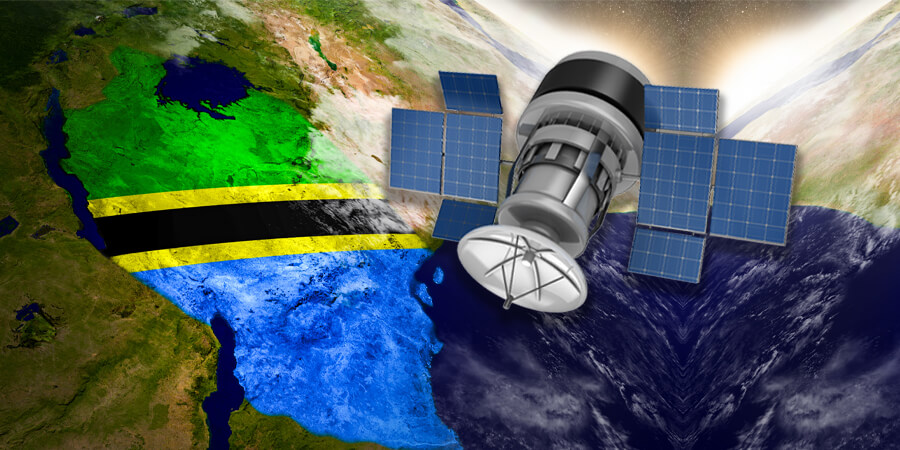Tanzania is planning to venture into satellite development, and negotiations are currently underway to turn this aspiration into a reality.
This announcement coincides with a growing interest among African governments in space programs, leading to increased investments in the sector. As per Space in Africa's annual space industry report for 2022, the industry's value is projected to reach $22.64 billion by 2026, up from $19.49 billion in 2021. The report also indicates that African nations allocated a total of $534.9 million to space programs in 2022, compared to $523.2 million in 2021.
In April 2023, the Ivorian government revealed its plan to launch its first satellite by August 2024. Similarly, Kenya recently launched its inaugural satellite, named Taifa-1. Over the past year, countries such as Zimbabwe, Uganda, Egypt and Angola have also successfully launched their own satellites. Furthermore, Russia is engaged in negotiations with several African nations, including Algeria, Nigeria and South Africa, to assist them in building and launching satellites into space.
This surge in space investment across Africa aligns with the ongoing process of accelerated digital transformation. Space technology holds the potential to enhance telecom and broadband internet coverage, particularly in rural or remote areas where mobile operators face accessibility challenges. Additionally, satellites can contribute to Earth observation, thereby improving the performance of various sectors such as agriculture, fisheries, meteorology, natural resource management and security.
According to the most recent data from the Tanzania Communications Regulatory Authority (TCRA), the country has 61.9 million cell phone subscribers and 33.1 million internet users.
